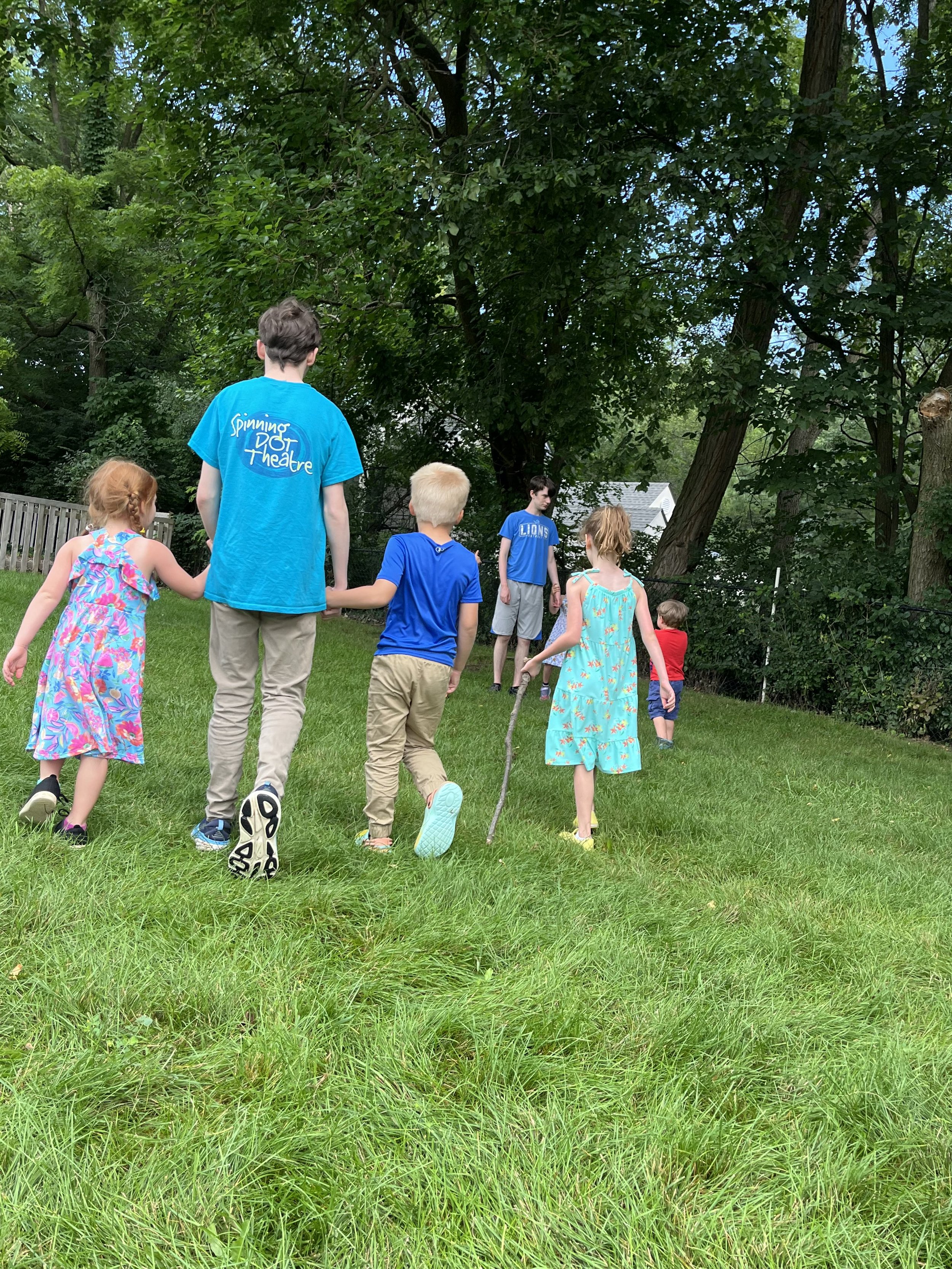Teaching Philosophy
On the first day of my introduction to public speaking course, I give my students a semester-long assignment that initially scares them. On any three occasions throughout the semester, they must stand in front of the class and deliver an informal speech or facilitate a discussion about anything. And I do mean anything – students in the past have spent their allotted three to four minutes discussing disappointing NFL trades, or their frustration with the gaming community’s response to a black samurai in the Assassin’s Creed franchise. This is my favorite assignment; I learn about my students’ interests, and the rigid professor-student hierarchy starts to break down just enough for the students to feel comfortable in their vulnerability. Of course, the most fascinating topics and discussions come with time – I also use this assignment to evaluate my own progress throughout the course as its instructor. If I have fostered a comfortable learning environment, students will take risks. They will engage with and lead their peers in conversation without fearing judgment. They will have fun.
I apply the same principles to my teaching artistry work. As a playwright and theater-maker, I know my best work comes from places of vulnerability, and I am in no mood to share when I feel unsupported. It is imperative that my students walk into my classroom and are greeted with earnestness and warmth. I strive to be the teacher with a snack cabinet and a trunk full of blankets. Inquiry-based, student-centered learning is at the core of my practice, as it breeds real, genuine interest in the material. When students are properly supported, their creativity knows no bounds.
As a teaching artist, I encourage my students to engage with the artistic interpretation and exploration of their spiritual, cultural, or otherwise personal narratives and share them with the world: a world only strengthened by the diversity of voices within it. I am inspired by the years of oral and written tradition that connect me to my Jewish faith; I believe it has never been more important to create informed and challenging theatre from diverse perspectives as we find ourselves living in a country where some are far too eager to erase its past. A successful student leaves my classroom, studio, or rehearsal space with not only mastery of the content at hand, but with a better understanding of what makes them who they are.
From a young age, my parents instilled in my sister and me a passion for learning that extends beyond the walls of the classroom. My sister often said “You can stop learning when you know enough about anything to have a conversation with anyone.” This is, of course, an unattainable goal, but I take this sentiment to heart: I teach because I have something to say and a lot to learn.


